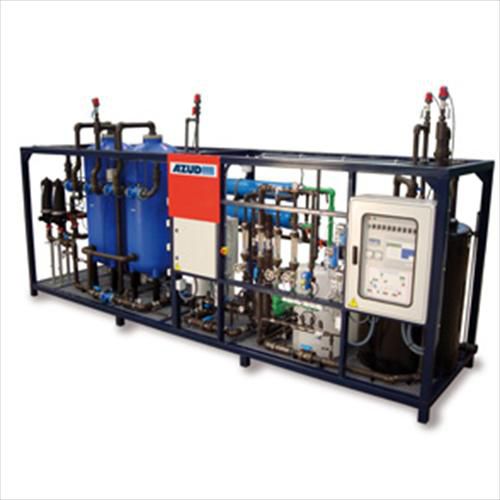
#Product Trends
The danger of arsenic in water and the technology to end with it
Arsenic is a substance that predisposes to the development of diseases such as lung, skin, breast, prostate, kidney, liver and skin cancer and to the development of cardiovascular disease and diabetes.
In the last two decades, in Mexico, people have consumed double the arsenic allowed by the WHO.
Arsenic is a substance that predisposes to the development of diseases such as lung, skin, breast, prostate, kidney, liver and skin cancer and to the development of cardiovascular disease and diabetes.
According to an analysis of impacts and assessment prepared by the Federal Commission for Protection against Health Risks (Cofepris ) , current Mexican laws establish a maximum permissible limit of arsenic in water for human use and consumption of 0.025 milligrams per liter (mg/L), when for more than twenty years ago the WHO established this limit to 0.01 mg/L.
Arsenic is one of the 10 most dangerous chemicals for public health, and Mexico is one of the countries with highest levels of the inorganic toxic in underground aquifers, from which most of the water for human consumption comes, as it is estimated that for every 329,000 liters per second supplied , 62% comes from underground sources . The bill NOM -250- SSA1 -2014 , for which they have carried out these studies , aims to reinvigorate the process for removing arsenic in water , which leads to the improvement of the different water treatment plants across the country not satisfying the requirements of the new law and consequent investment in new processing equipment .
AZUD has developed a technology that saves lives: the water purifiers plants AZUD DW DU are the perfect solution for arsenic removal in the most adverse conditions. Specifically in Mexico, AZUD DW DW supplies drinking water to descentralized villages that used to consume arsenic contaminated water.



